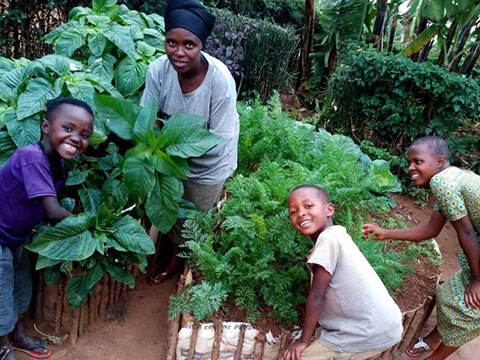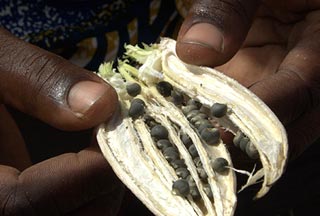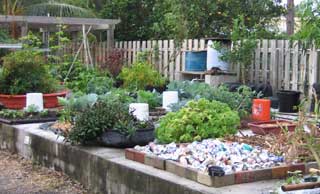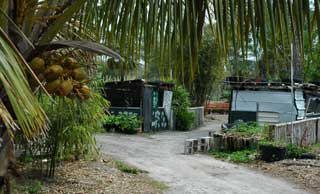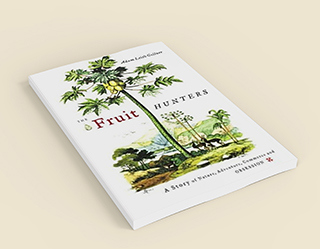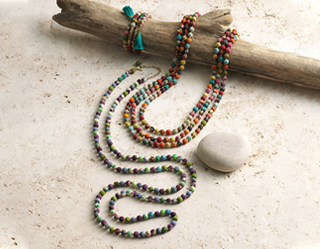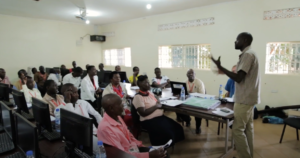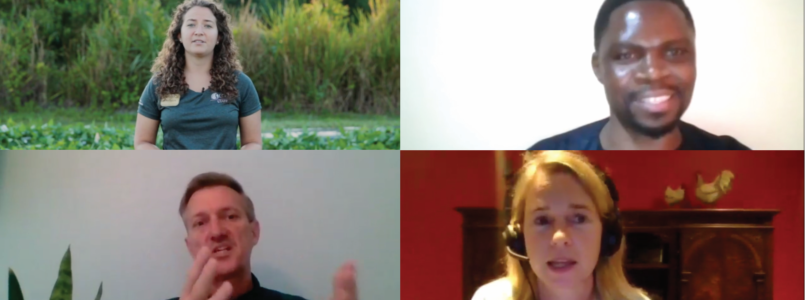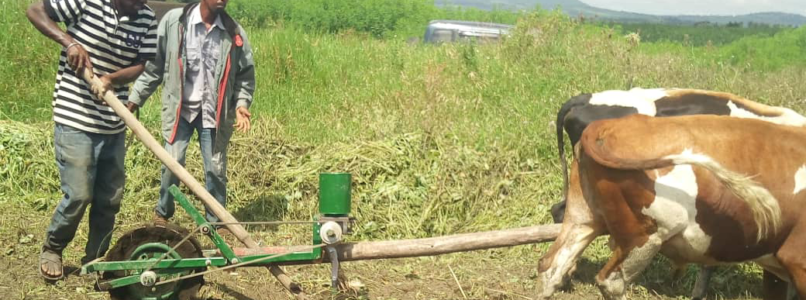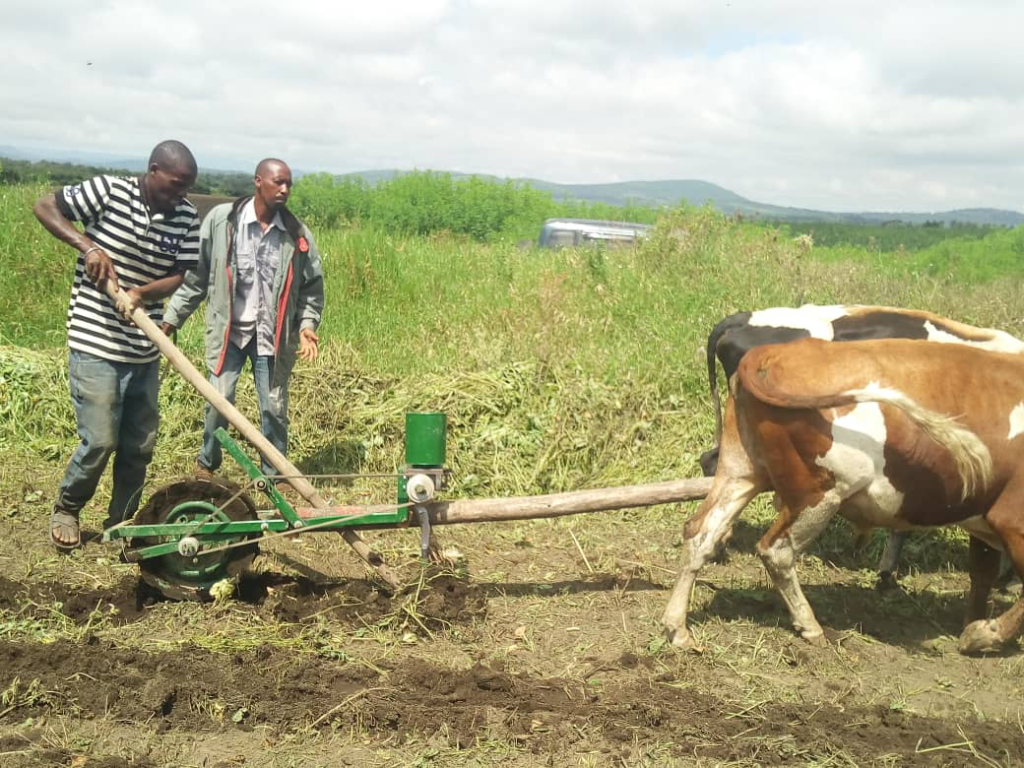Craig Bielema attended the Appropriate Technology Virtual fair from Burundi. Carolina Cardona participated from Guatemala. Bryant Vaughn attended from Columbus, Georgia, and Hermansyah Chen joined in from Indonesia. Though these four individuals had never met, ECHO’s Virtual event brought them — and hundreds more — together to share, grow, and find practical solutions for the communities that they serve.
The ECHO Appropriate Technology Fair, first implemented in East Africa, was held in person in 2019 as part of ECHO Florida’s annual conference. Development workers had the opportunity to experience multiple technologies in one place and ask specific questions. Missionaries were inspired with ways to impact the communities around them. The in-person experience was a great model, but in a COVID-19 landscape we expanded our equipping work by going virtual.
Appropriate Technology, or AT, is a subset of agricultural development work that helps reduce some of the manual labor that agriculturalists bear. It could be a planter or thresher, a pedalpowered grinding wheel, or a water filter. Most often, AT consists of simple machines, but it can be any implement that helps people use what they have to make what they need.
“The shared knowledge and skills were of much help to my area of work.”
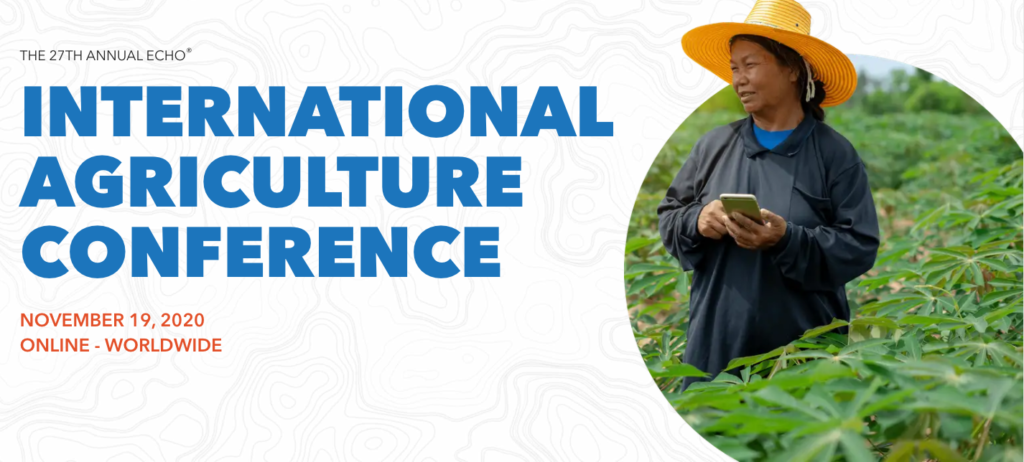
With COVID-19 travel restrictions still a reality for so many, this virtual format allowed 333 missionaries, development workers, and community leaders from 43 countries to be inspired, connect with others, and stay up-to-date on what they need to know. Plenary sessions, lightning talks, and interactive live sessions allowed attendees to learn from presenters and ask their own questions as well. “The shared knowledge and skills were of much help to my area of work,” one attendee commented. “I will join any of your meetings because they are very resourceful to me,” said another.
Building on the rich history of ECHO conferences and this virtual event, the upcoming ECHO International Agriculture Conference is poised to both continue offering high-quality experiences and implement a virtual format that will bring together practitioners from around the globe.
Participants will learn from renown experts in global agricultural development. We invite you to join us for an exciting International Agriculture Conference.
Visit conference.ECHOcommunity.org to register for this year’s conference.
